When it comes to choosing a smartphone, two important factors dominate the market: Apple’s iOS and Google’s Android. Both operating systems offer unique features, user experiences, and design philosophies, catering to different types of consumers. However, with so many differences between iOS and Android, it can be difficult to decide which one is right for you. This blog provides a clear comparison of the key differences between iPhone and Android to help you make the right decision when purchasing your next smartphone.
Here is the list of comparisons of Android and iOS.
Comparing iOS and Android: Which One is Right for You?
When it comes to choosing a smartphone, the operating system plays a significant role in shaping your experience. Here’s a straightforward comparison of iOS and Android to help you decide.
1. Operating System: iOS vs. Android
iOS: Exclusively available on Apple devices like iPhones, iPads, and iPod Touch, iOS is designed to be smooth, secure, and incredibly easy to use—especially for those who already own other Apple products.
Android: Created by Google, Android is an open-source platform used by many brands, including Samsung, Google Pixel, and OnePlus. Its high level of customization makes it perfect for users who enjoy tailoring their devices to their preferences.
2. Hardware: Design and Variety
iOS: Apple controls both hardware and software for its devices, delivering a premium and consistent experience. Expect sleek designs, high-quality materials, and minimalist aesthetics.
Android: With Android, there’s something for everyone. Manufacturers like Samsung, Xiaomi, and OnePlus offer devices in all shapes, sizes, and price ranges, giving you plenty of options based on your style and budget.
3. Customization: Flexibility vs. Simplicity
Android: A dream for tech enthusiasts, Android allows you to modify almost everything—from the user interface to installing third-party launchers and customizing settings.
iOS: Focused on simplicity, iOS provides a uniform experience across devices. While you can rearrange apps and change wallpapers, customization is more limited—perfect for users who prefer an intuitive, straightforward interface.
4. App Store and App Quality
iOS: The Apple App Store is known for its strict review process, ensuring high-quality apps optimized for Apple devices.
- Android: Google Play offers a larger variety of apps, including many free options. However, because its review process is less stringent, the quality and security of apps can vary.
iOS: The Apple App Store is known for its strict review process, ensuring high-quality apps optimized for Apple devices.
5. Software Updates
iOS: Updates roll out simultaneously to all compatible Apple devices, so you’ll always have access to the latest features and security improvements.
Android: Updates depend on the manufacturer, which means timelines can vary. High-end Android devices typically receive updates sooner than budget models.
6. Security and Privacy
iOS: Apple prioritizes privacy and security, with features like end-to-end encryption and a tightly controlled App Store to minimize malware risks.
Android: While Android has made strides in security, its open nature makes it more susceptible to vulnerabilities. However, tools like Google Play Protect help address these concerns.
Also Read: How to Clean Phone Storage
7. Integration with Other Devices
iOS: Apple’s ecosystem is unmatched in its seamless integration across devices like Macs, iPads, and Apple Watches. Features like AirDrop and iCloud make syncing data and sharing files effortless.
Android: While Android doesn’t offer the same level of integration, it works well with Google services like Gmail, Google Drive, and Photos. It also pairs nicely with devices like Google Home and Wear OS smartwatches.
8. Price Range
iOS: Apple devices are premium products with a premium price tag. While options like the iPhone SE and older models provide some budget-friendly alternatives, most iPhones are on the expensive side.
Android: Android phones cater to a wide range of budgets. You can find everything from affordable models under $200 to high-end devices that rival the latest iPhones.
Also Read: Essential Tips for iPhone Photography
9. Battery Life and Charging
iOS: Apple optimizes its hardware and software for consistent battery performance. However, charging speeds are generally slower compared to Android devices.
Android: Many Android phones feature larger batteries, faster charging, and universal standards like USB-C, offering more convenience and flexibility.
Conclusion
Your choice between iOS and Android boils down to personal preferences and priorities.
Choose iOS if you value simplicity, security, sleek design, and seamless integration with other Apple devices.
Opt for Android if you prefer customization, a wider variety of devices, and strong integration with Google services.
Both platforms continue to evolve, offering unique advantages. Take a moment to think about what matters most to you—whether it’s design, performance, or flexibility—and choose the one that fits your lifestyle best.
FAQ’S
What are the major differences between iPhone and Android?
iPhones offer simplicity and integration, while Android provides customization, variety, and flexibility across devices and price ranges.
What can iPhones do that Androids can't?
iPhones offer seamless integration with Apple devices, features like AirDrop, and longer software support compared to most Androids.
Which OS is best, iOS or Android?
The best OS depends on preferences: iOS for simplicity and integration, Android for customization and variety.
What iPhones cannot do?
iPhones can't customize the user interface extensively, install third-party app stores, or support certain hardware features like expandable storage.
What is iOS full form?
iOS stands for iPhone Operating System.
Why do people prefer Android over iPhone?
People prefer Android for its customization options, variety of devices, affordability, and flexibility with apps and features.
What are the disadvantages of the iPhone over Android?
iPhones are limited in customization, lack expandable storage, have higher prices, and rely heavily on Apple’s closed ecosystem.
Is Android more durable than iPhone?
Android durability varies by model, while iPhones are generally well-built, but both can be equally durable depending on quality.





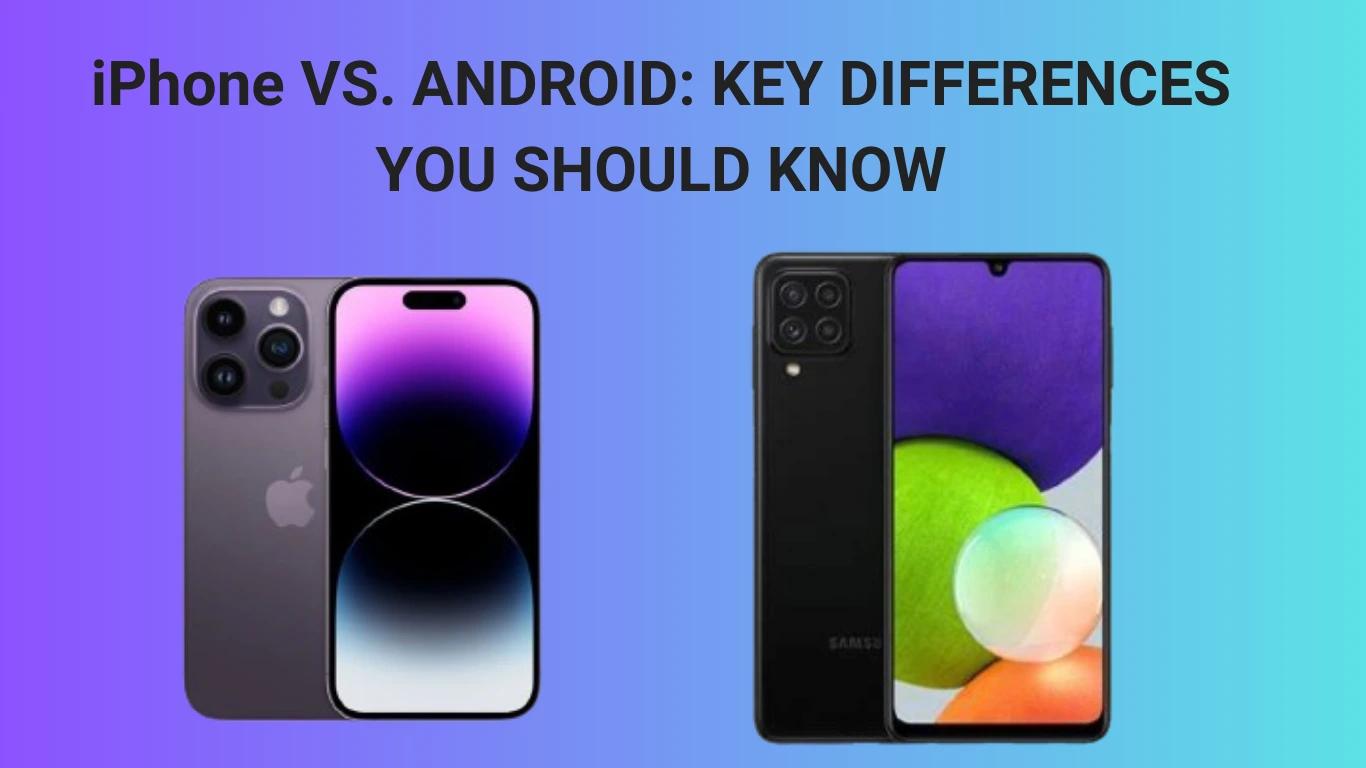

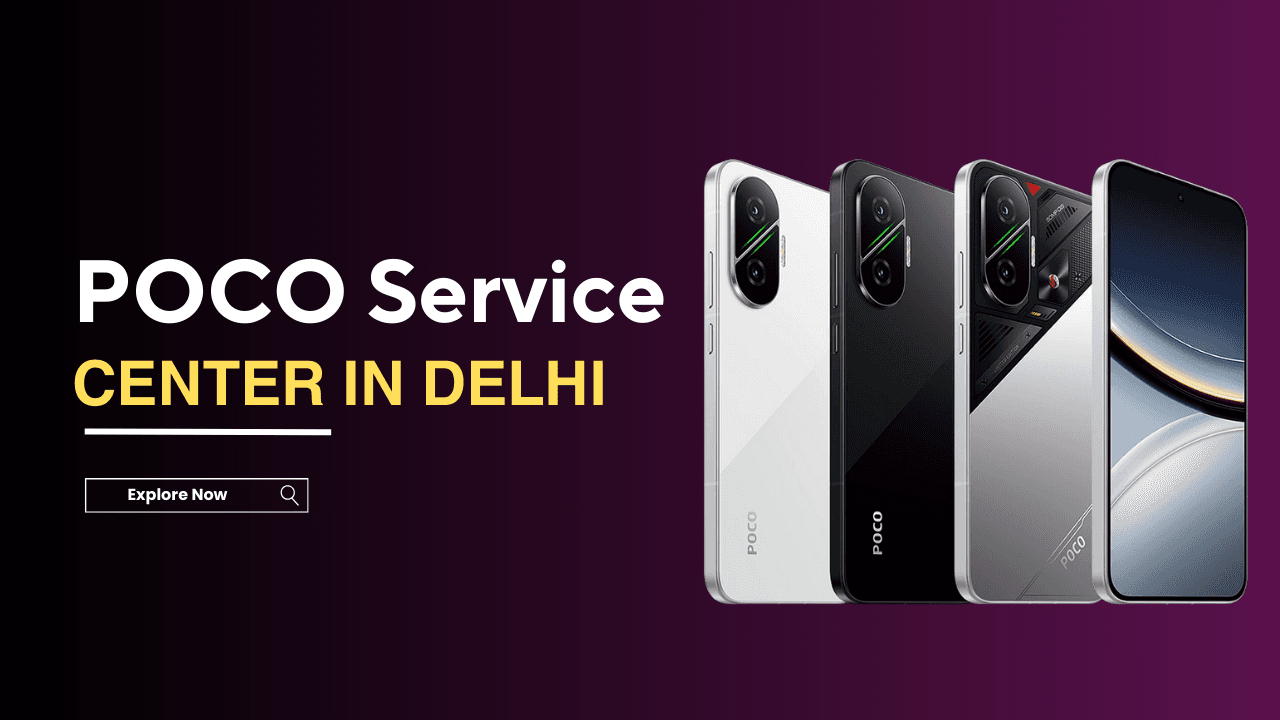
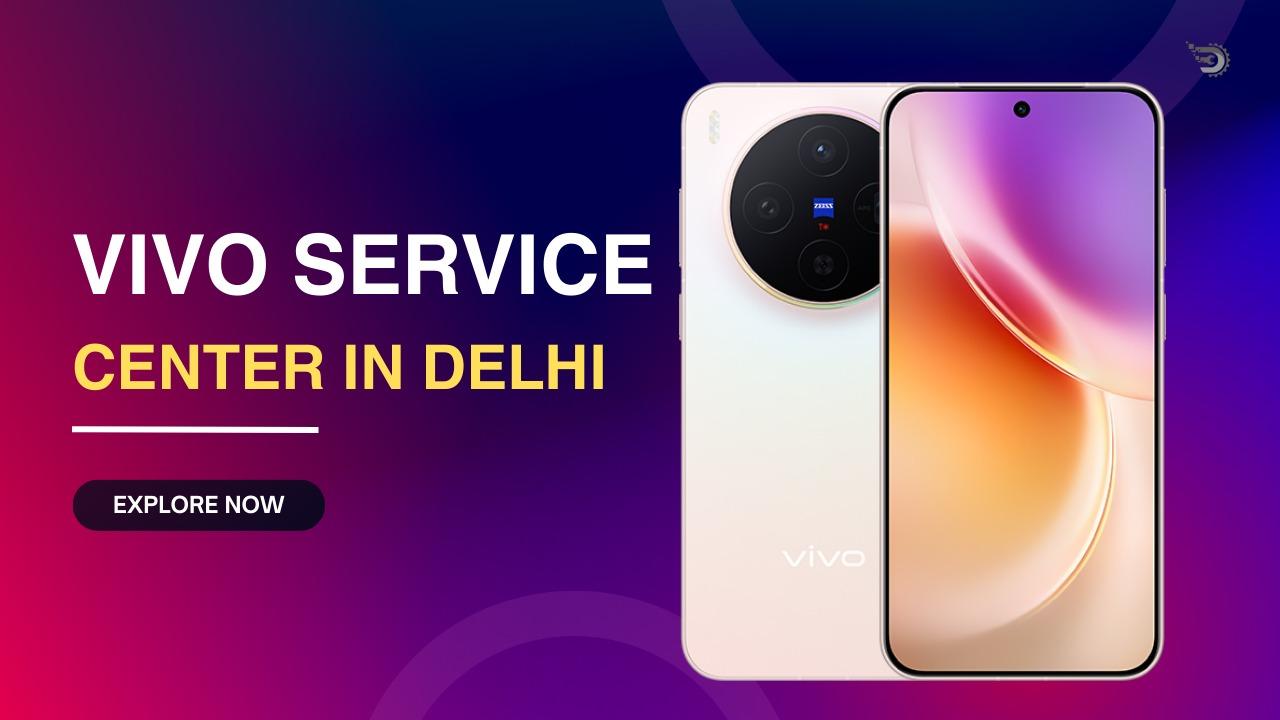
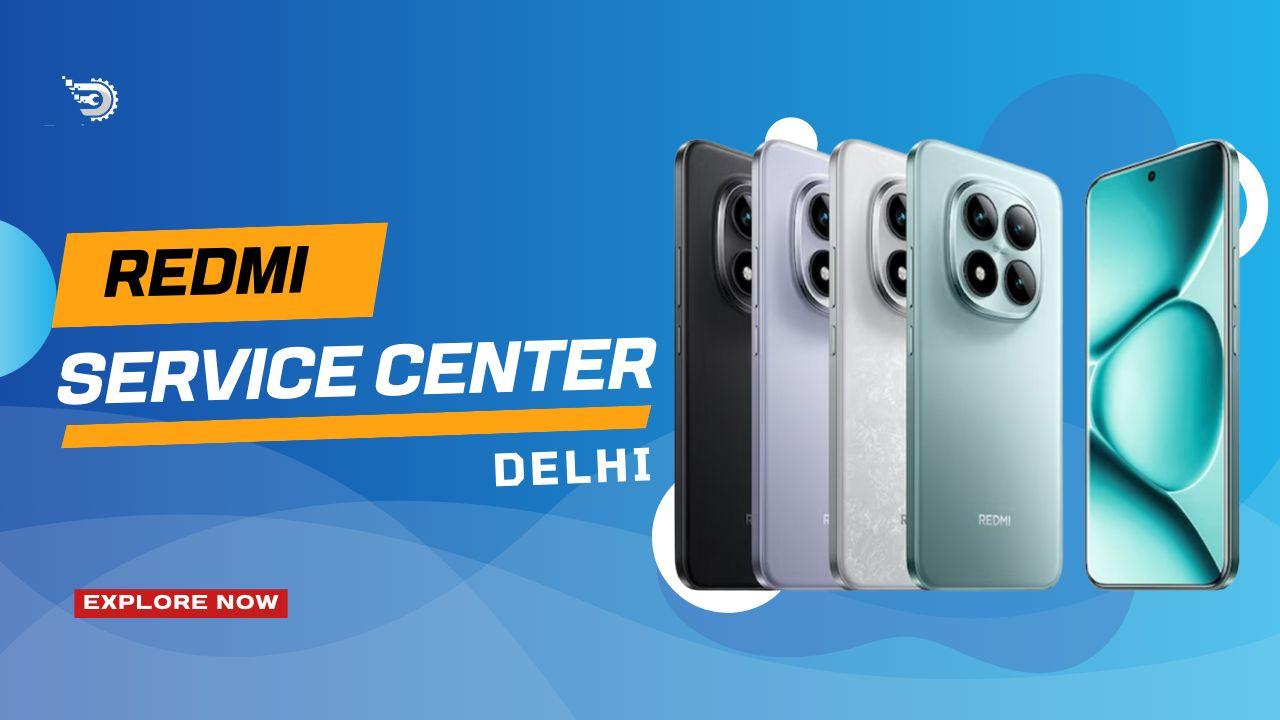
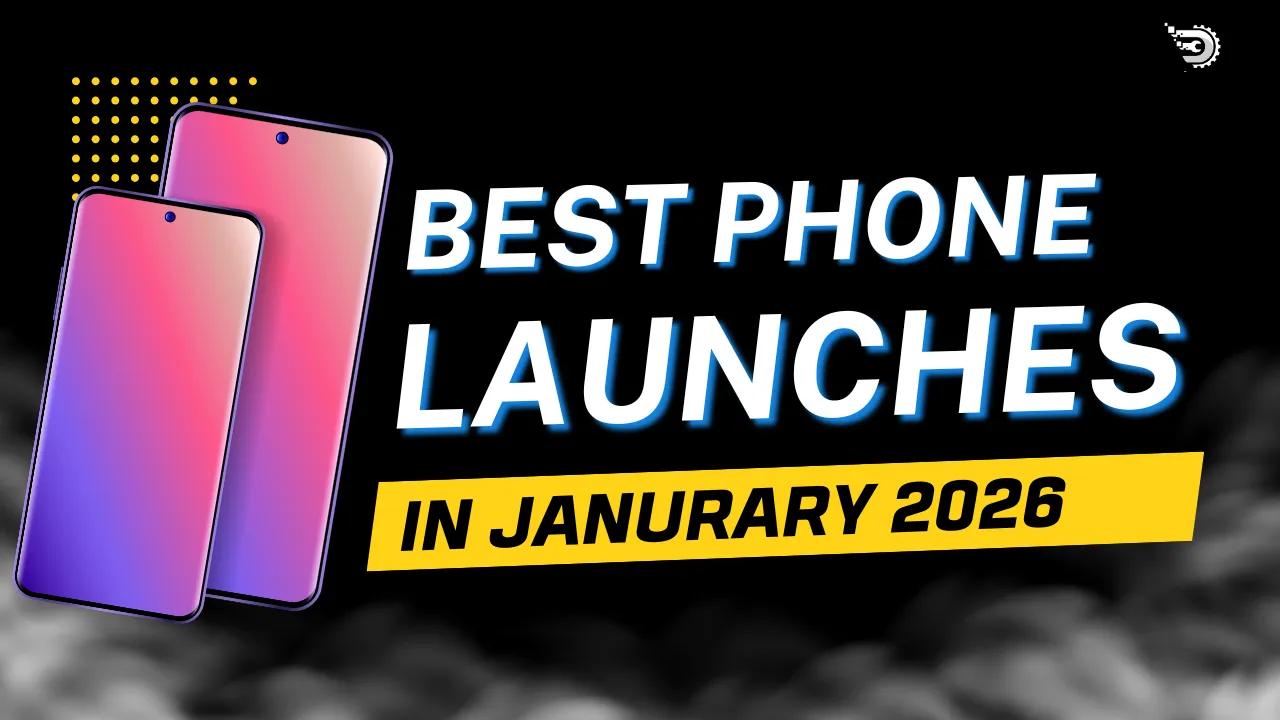
%5B1%5D_compressed.webp&w=3840&q=75)